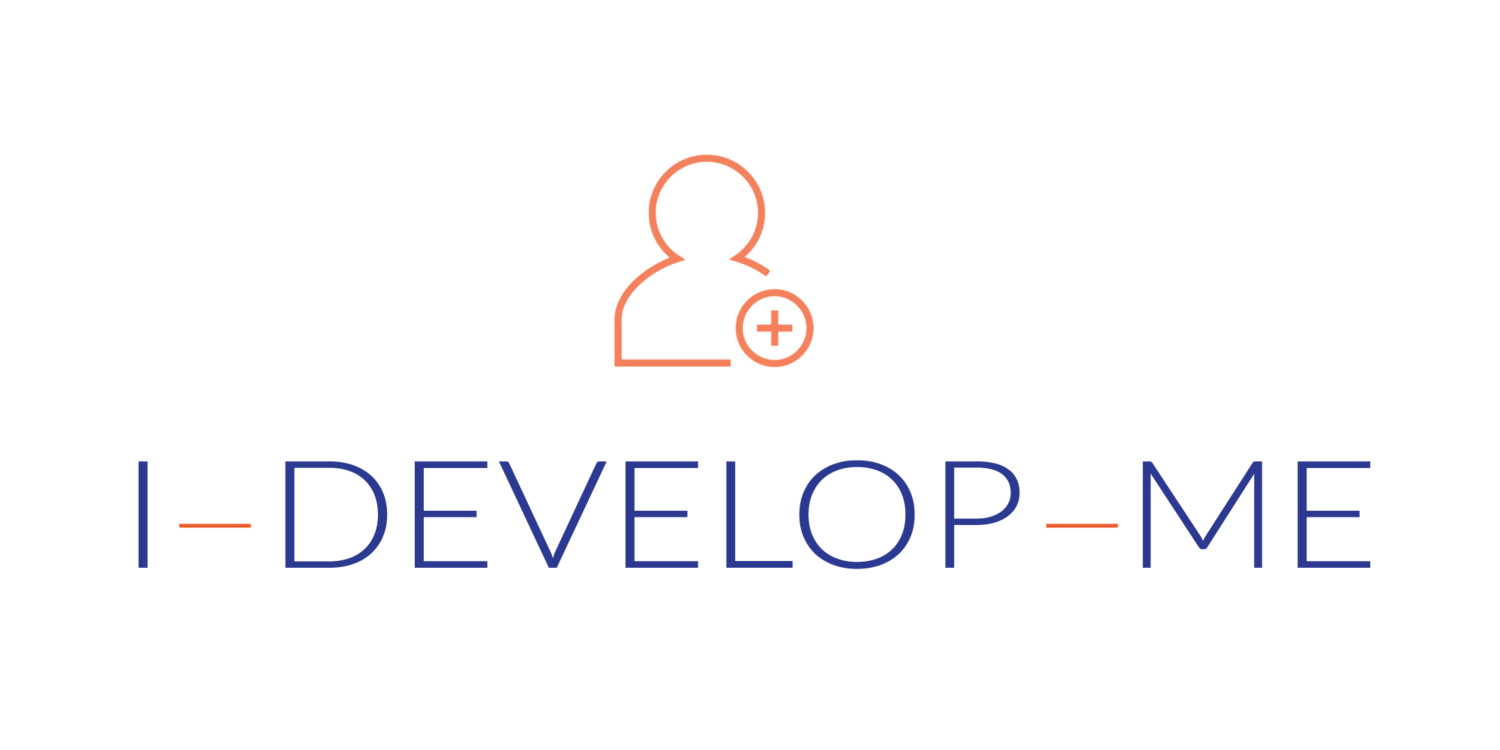Interviews can be nerve racking and hard, but that doesn't mean you shouldn't behave yourself. Demonstrate some common sense. The thing about common sense is that it's not common. Here we go. Don't do these things in a job interview. Please.
1. Throw a tanty
Well this seems obvious doesn't it? I've had a candidate do it though. When I was the HR Manager for a project in India we had arranged for the candidate to come to our Sydney office to be interviewed face-to-face with me, and on video conference with the Project Director in India. So firstly video conferences are
often always a pain to set up, and secondly the video conferencing links in India are notoriously dodgy. In fact lots of things only work sometimes in India including power and internet. The day of this interview was no different. It took at least 30 minutes to get the video conferencing working and for the interview to commence.
While I was madly trying to get it all to work the candidate decided to throw a tantrum about the fact that I couldn't get the technology to work. Unfortunately for him this situation was a realistic example of what it would be like to work on the project and all the frustrations that go along with that. In no uncertain terms I told him that this was EXACTLY what it would be like working for this company and in the role he was interviewing for. He settled down and the interview commenced. The Project Director in India who has missed the tantrum liked him. I filled him in on the pre-interview behaviour. He didn't' get the job.
2. Interrupt the interviewer. A lot.
I had this happen to me recently. Was interviewing with two other senior people for a senior type role. The candidate was particularly obnoxious and actually held his hand up to stop me telling him something. He also interrupted the group of interviewers a number of times. We couldn't stand this guy for an hour and there was no way we wanted to work with him. Ugh.
On the positive side we have a good story to tell over drinks with other work colleagues. Always a silver lining.
3. Be late
Don't be late. Ring if you are going to be late. Don't be late. Get your shit together. That is all.
4. Talk too much
If you go on too much the interviewers will switch off. They will start skipping questions and try to wrap up the interview early. Practice answering the questions succinctly. Having recently sat through a number of interviews with candidates who went on and on, I can attest to the fact that you won't get the job.
5. Talk too little
There's a balance between talking too much and not enough. If the interviewers have to drag out information from you, it will be too much like hard work.
6. Ask too many questions
OMG. I once had a candidate come in for a first interview with a list of 20 questions. Let's get something straight, a first interview is a bit like speed dating. The company is getting a feel for you and how you will fit with the company. For you, it's about learning about the company and people and whether you can work there.
You should have some questions to ask. Genuine questions that you would like the answer to. 2-4 questions is way enough. If you turn up with a list of 20 questions wanting to know the ins and outs of everything, the interviewers won't be impressed, they will be wondering if you have a personality disorder that needs treatment.
If you are invited for a second interview you will have an opportunity to ask some more detailed questions. This is like a dinner date. There is more time to get to know each other and you can explore more about the company and job.
7. Criticise the company
Really? If you have turned up for an interview surely you might want to work for the company? Mr Obnoxious above (see point 2) also arrived at the interview with very detailed company information to grill the interview panel on why we had done things the way we had. There was a definite implication that stupid decisions had been made. We were definitely sure we didn't want him working with us.
8. Ask about salary in the first interview
The first interview is too early to ask about money. The company is still deciding whether you will fit the company and role so don't ask about what salary they are offering. This may depend on the skills and attributes on the best candidate.
If the interviewer asks you what salary you are looking for though, you should have an answer that is well researched based on your skills, experience, qualifications and what the market generally pays. You can work this out by reviewing the pay offered by various roles on online job boards.
So, have you done any of these things? I went to an interview once feeling very unwell and sneezed so hard in an interview that I ended up with a big handful of snot. I didn't get the job.
When did you not get the job? What did you do?
Lisa xx











